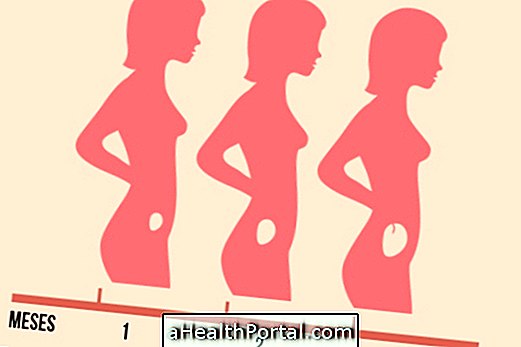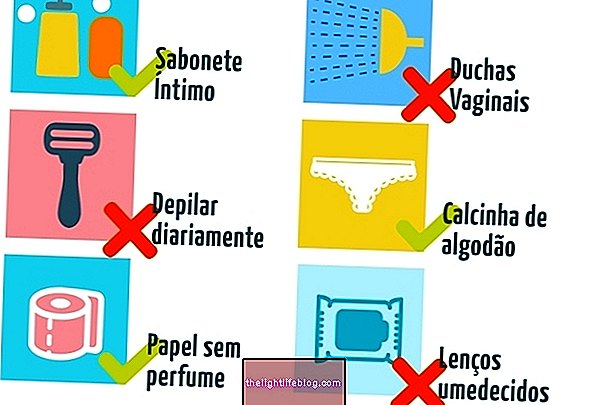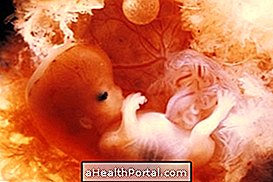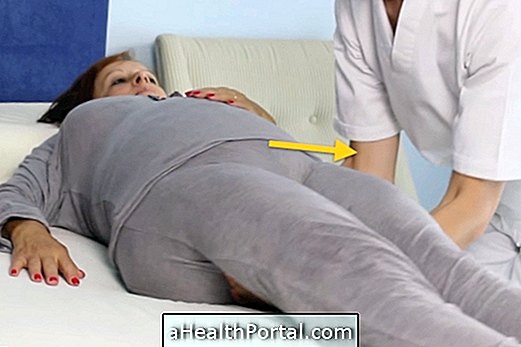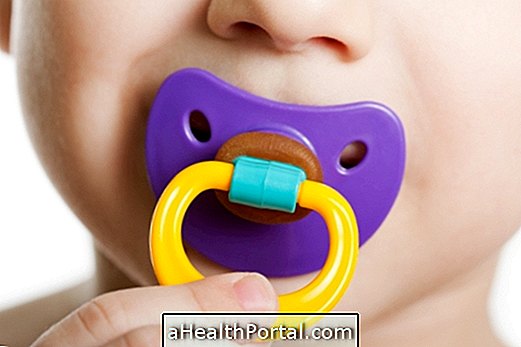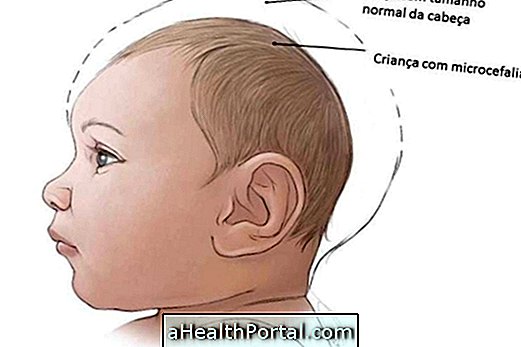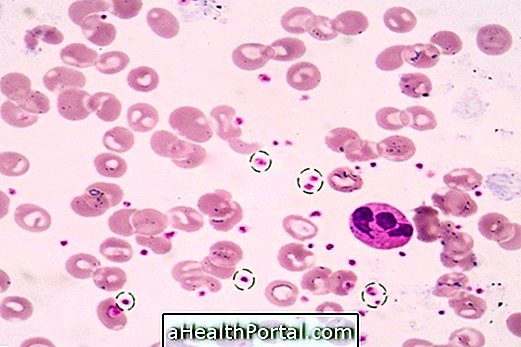Decreased baby's movements are worrisome when less than 4 movements per hour occur, especially in women with a history of high blood pressure, diabetes, problems with the placenta or uterus, or use of alcohol and cigarettes.
The movements of the baby in the belly can be counted from the 28th week of gestation, and the reduction in movement can be cause for concern, because it may indicate that the baby is receiving less oxygen and in case of suspicion of reduction of movements the doctor should be informed.
How to count fetal movements
The count should always be made at a time of day that the baby is most active, usually after a meal. One should count the movements made during 1 hour, the normal average being 4 to 6 movements per hour.
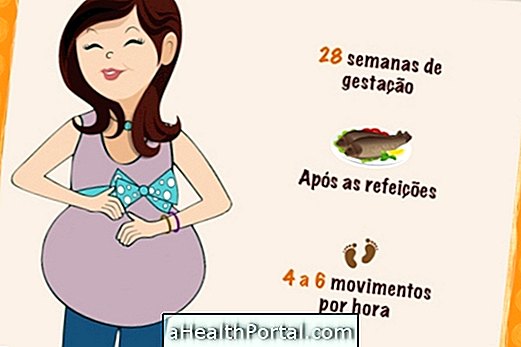
Another way is to tell how much time the baby takes to make 10 movements, and should see the doctor if the 10 moves take more than 2 hours to make or if the baby makes less than 4 movements during the count time.
It is also important to remember that some women become accustomed to the baby moving and do not notice their movements, which can be mistaken for a decrease in fetal movements, so that it takes a lot of attention during the count.
You can note the baby's movements on a calendar like this:

How to stimulate the baby to move
Some tricks that can be used to stimulate the baby to move are:
- Drink ice-cold liquids;
- Walk;
- Talk to the baby and move your belly with your hands;
- Lie down with the feathers up, propped up on cushions or at the head of the bed, and relax.
Decreased movements should consider the pace of each child, but if the baby does not move after using these tips for 2 hours, talk to the doctor for further guidance or, if necessary, drink.

Complications of decreased movement
Decreased movement may indicate that the fetus is suffering, lacking oxygen or nutrients to maintain proper development. If not treated quickly, fetal distress can lead to premature delivery and damage to the baby's nervous system, causing problems such as mental disorders or epilepsy.
However, if gestation is properly followed and all prenatal examinations are performed, any problem in the baby's well-being is identified early, facilitating its treatment. In addition, it is essential to get all questions with the doctor and seek help when changes are noticed.
